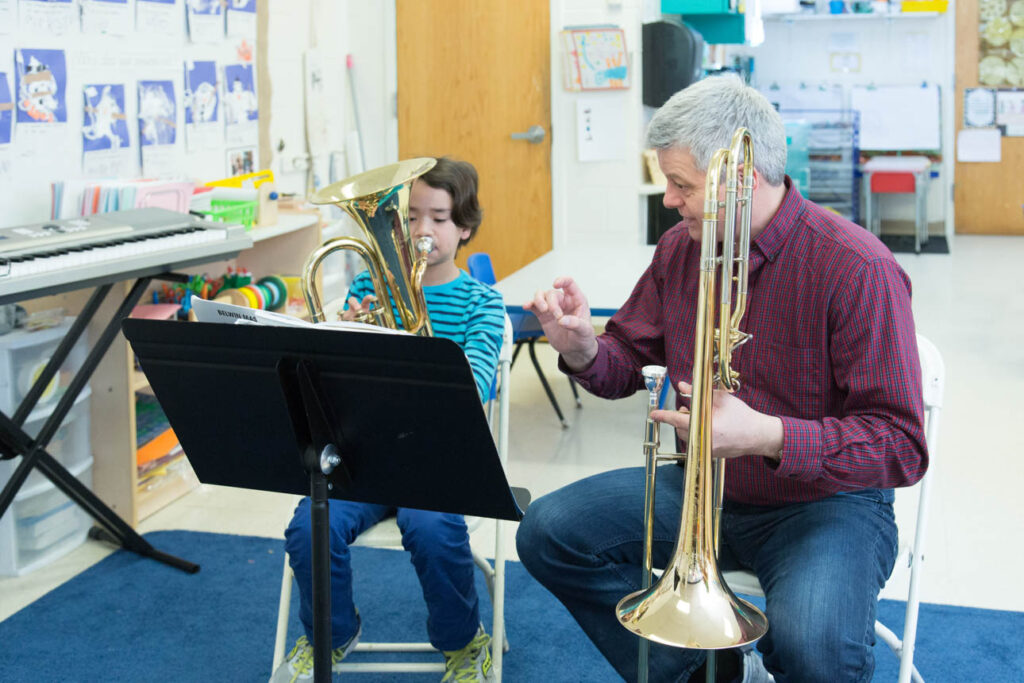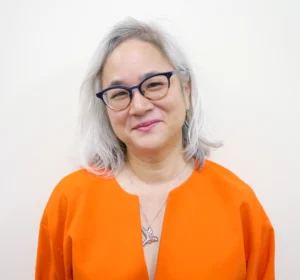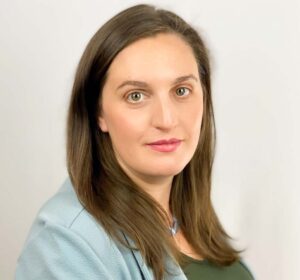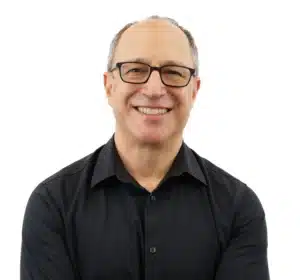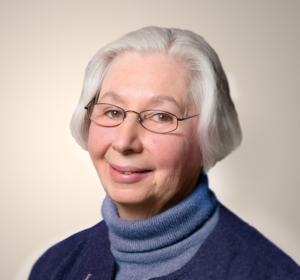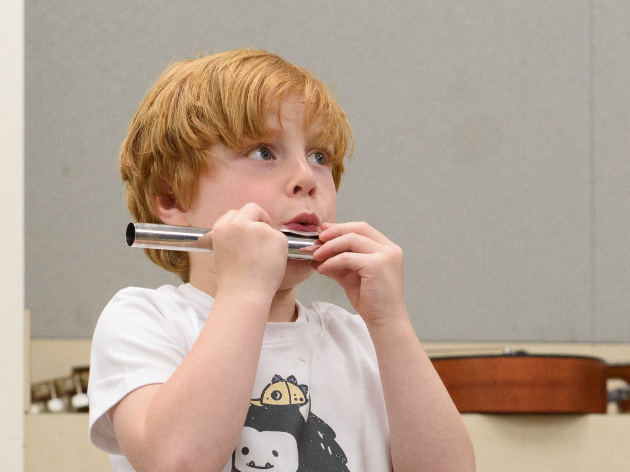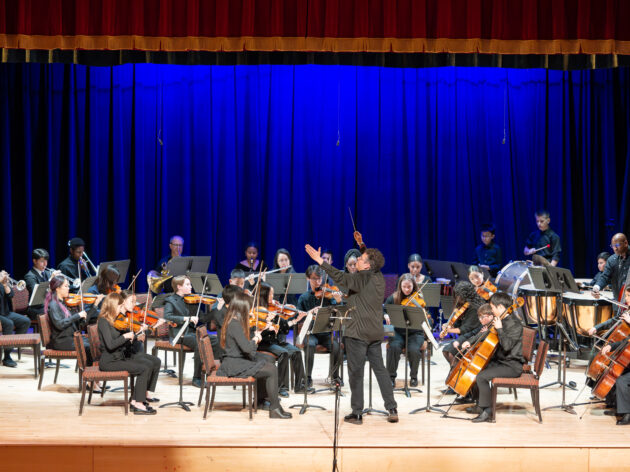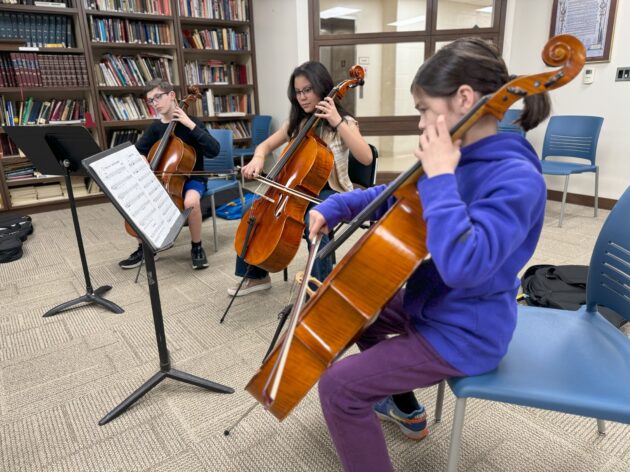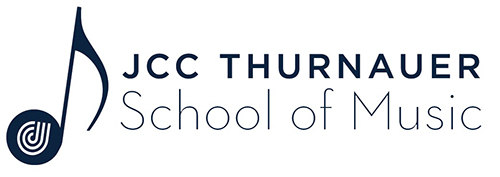
We believe that music instruction is about the excitement and opportunity to experience and understand the range of responses one feels when listening to music and making music. To accomplish this, we recommend building on the learning that takes place in the private lesson with participation in instrumental group classes, ensembles, and theory and ear training classes.
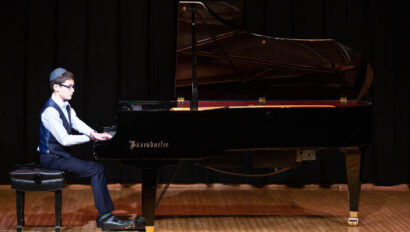
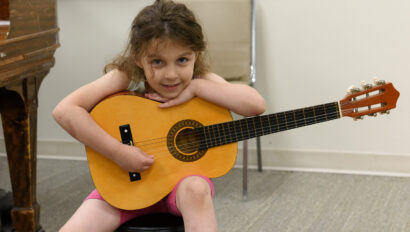
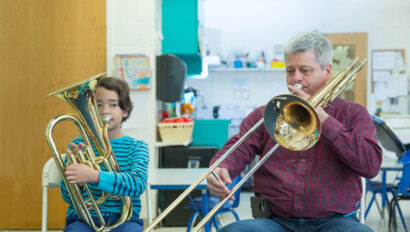
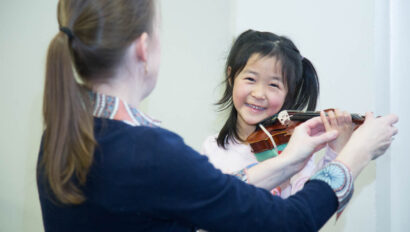
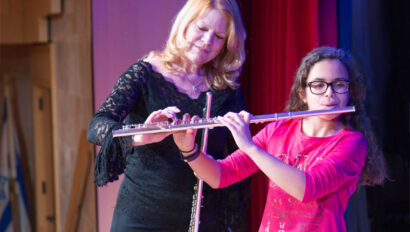
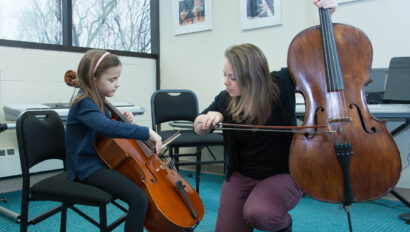
Schedule a Consultation with Thurnauer Senior Staff
All prospective students begin by meeting with Thurnauer senior staff for guidance in shaping their musical journey and to match a student with a teacher.
Ways to explore your options at Thurnauer: We invite families to visit the school (we will arrange to a personalized tour, based on your interests) or attend a student recital (a chance to hear our students and meet current Thurnauer parents). View a listing of our upcoming concerts and events.
Instruments offered at Thurnauer: Private lessons are available for piano, voice, strings (violin, viola, cello, double bass, guitar, harp, ukulele), winds (oboe, clarinet, flute, saxophone, bassoon, recorder), brass (trumpet, horn, trombone, tuba), percussion (timpani, drum set, marimba and more). Private lessons are also offered in theory, composition, and sight reading.
Group classes and ensembles
Students taking private lessons are highly encouraged to add one or more components, such as instrumental group, creative musicianship class, composition class, ensembles and/or choir to their music education. At Thurnauer, we believe it is important to learn about and enjoy music in its many aspects in order to be a well-informed, complete musician. This includes understanding the language of music (note-reading, theory, eartraining, composition) and ensemble skills (how to make music with others).
Thurnauer group classes are to be taken with private lessons. Group classes should not be taken on their own as introductory classes.
Non-Thurnauer students taking private lessons outside of Thurnauer are welcome to join our group classes and ensembles pending a placement evaluation and/or audition.
School Year and Tuition: The 2025-2026 school year starts on Monday, September, 15 and our school year continues for 30 weeks. Tuition is based on 15 weeks or 30 weeks, depending on the program and class. If you are a new family, we recommend starting in the fall, but enrollment at the Thurnauer School of Music is ongoing throughout the year.
Summer lessons: Learning an instrument is best done with year-round study and practice and we offer private lessons throughout the summer.
Student Performances: At Thurnauer, we believe that performing is a very important and fun part of one’s musical education and experience. All private-lesson programs include frequent student performance opportunities, including monthly student recitals with a piano accompanist. Students enrolled in group classes or ensembles also perform with their groups.
Attending performances and master classes: Attending concerts and hearing professional musicians perform and teach master classes is another great (and fun) opportunity at Thurnauer. Our students are invited admission free to all Thurnauer performances, other than the annual Gift of Music Gala Benefit Concert. These concerts include faculty and guest artist recitals, performances by the Thurnauer Chamber Music Series, and master classes with renowned guest artists. For details, visit our Concerts and Events page.
Resources for Parents: Thurnauer staff and faculty members are happy to advise families regarding renting and purchasing instruments and provide this content-rich Thurnauer Music Education Resources.
Preparation for auditions: For intermediate and advanced students, expert support and preparation are available for band and orchestral instruments, county and regional/all-state competitions, and college applications.
Please email mabe@jccotp.org for more information.
Schedule a Consultation
Prospective students begin by meeting with Thurnauer senior staff for guidance in shaping their musical journey.
Meet the Team
See All JCC StaffFAQs
frequently asked questions
Why should my child study music?
- In addition to the enormous personal enjoyment music brings, music study helps children learn how to learn.
- Attending lessons and practicing an instrument each day teaches focus, concentration, patience, critical thinking and reflection – skills we use throughout our lives.
- Studies have shown that “students engaged in music programs outperformed their peers on every indicator: grade-point average, graduation rate, Act scores, attendance and discipline referrals.
Why should my child study at the JCC Thurnauer School of Music?
- A school environment creates a community of musicians who inspire, motivate and befriend each other.
- Students benefit musically and psychologically from the expertise of our excellent faculty, the School’s warm, nurturing atmosphere and the experience of hearing other students make music at different levels of musical development.
- The Thurnauer School offers a stimulating variety of classes, performances, workshops, and recital opportunities.
Who should join the Thurnauer School of Music’s programs?
Students of all ages and levels of study are welcome, including:
- Families of young children who are seeking early exposure to music and the opportunity to learn from experts at the very beginning of their music education
- Beginner instrumental and voice students
- Students who have already started their music journey and are eager to deepen their skills and take on new challenges
- Students who are seeking a diverse and more comprehensive music education beyond private lessons
- Students interested in making friends and having fun while collaborating, performing and making music with their peers
- Adults seeking to continue their private music studies, start instruction on a new instrument, perform in an orchestra or sing in a choir
Can my child take private lessons at the Thurnauer School?
- Students taking private lessons are highly encouraged to add one or more components, such as instrumental group, creative musicianship class, composition class, ensembles and/or choir, to their program.
- It is important to learn about and enjoy music in its many aspects in order to be a well-informed complete musician. This includes understanding the language of music (note-reading, theory, ear-training, composition) and ensemble skills.
- Making music with others quickens the pace of learning and accomplishment. We also find that students have fun in these classes and that this is not only enriching but also highly motivational to them.
When should my child begin the study of music?
- Learning about music can begin at birth. However, the best age to start an instrument varies with the instrument and the child’s physical development. For example, violinists and flutists can begin as young as 3, whereas trumpet players should be at least 8.
- Our classes for young children stand on their own, but they are also developmental, and will introduce skills to help your child with further musical study if it’s desired. “Developmental” also means dynamic; each week builds on the previous lesson.
How should we help our child select an instrument?
- The choice of instrument depends on the child’s interests, temperament and size. Most children have a natural affinity for a particular instrument or sound and, if given the chance to choose, will know what they like.
- Attending professional concerts and student recitals with your child can also spark interest in a particular instrument. Children are welcome to attend any of our student recitals.
How do we select an instrumental teacher for your child?
At the Thurnauer School, a great deal of care is given to finding the best “match” from among our fine faculty. enior Music School staff meets individually with each student and parent(s) prior to enrollment, observing the child and learning about the family before assigning a teacher.
What is the registration process for new students?
The process is all handled online. It includes completing the registration form, enrolling in your choice of lessons and class, completing the scheduling forms, submitting a tuition deposit and, if you are enrolling in a private lesson program, scheduling a meeting with senior Music School staff.
Do I need to register for the entire year?
With the exception of some early childhood classes, our curriculum is designed as a full, 30 week program. That said, you can withdraw within the first five weeks of classes for a prorated tuition and a $75 processing charge. Thereafter, partial refunds are available as stipulated in our Terms and Conditions.
Does the Music School offer a payment plan?
Yes. You can set up an eight month payment plan that withdraws funds from your bank account or charges your credit card automatically each month.
Does the Music School offer Financial Aid?
Yes. The Music School has a number of endowed funds earmarked for this purpose. We also fundraise for scholarships throughout the year. Scholarships are mostly awarded during the summer before the school years starts in September. Scholarship submission is conducted online. For questions, please contact Financial Manager, Dan Jatovsky at djatovsky@jccotp.org.
Are discounts available?
Yes. The following discounts are available for you and your family to enjoy the gift of music.
- $50 Multi-Class Discount for second component, and $100 Discount for third or more components
- $120 Sibling Discount for each additional child taking private lessons
- $25 Sibling Discount for each additional child taking classes or ensembles without private lessons
- $100 Referral Discount (for both the new family taking private lessons and the referring family)
Contact Us

